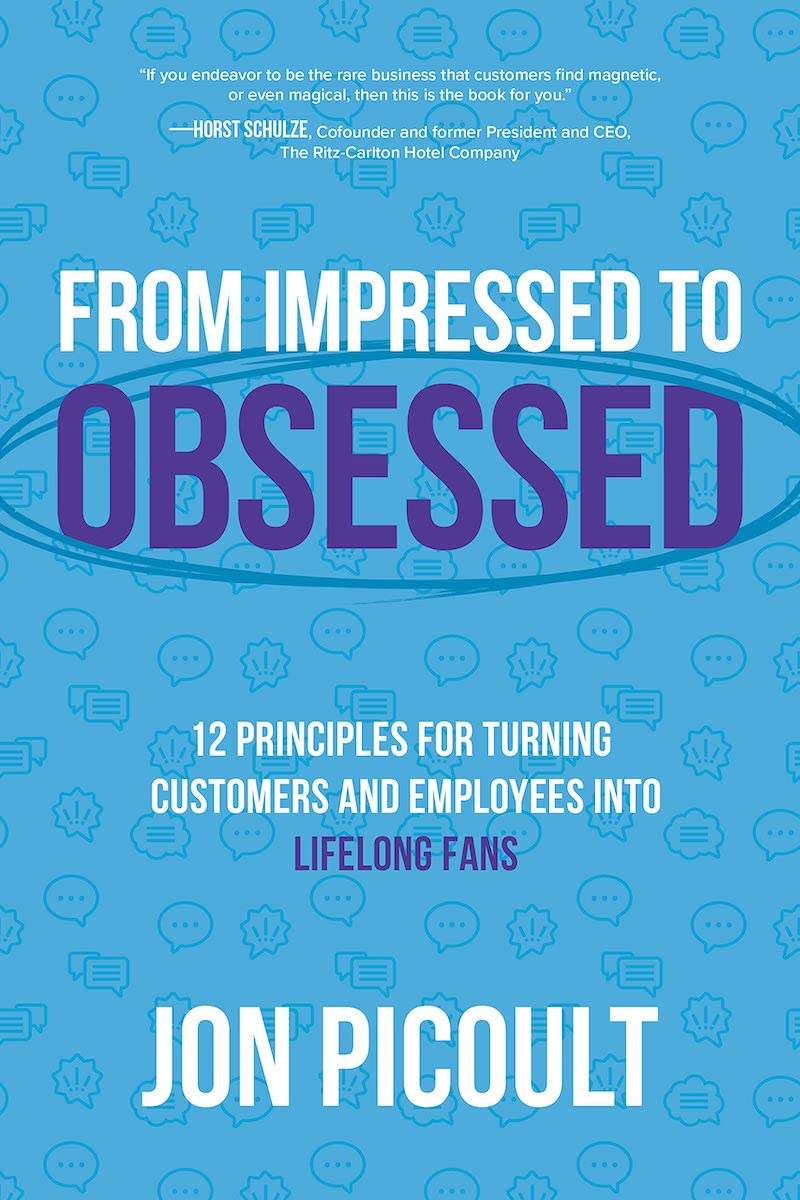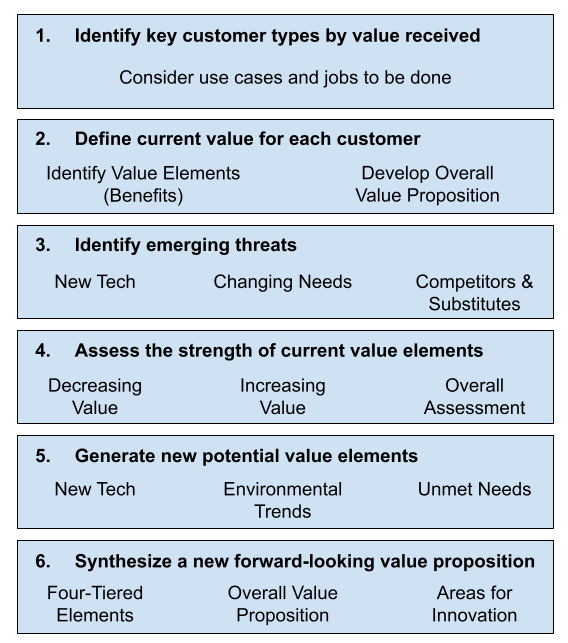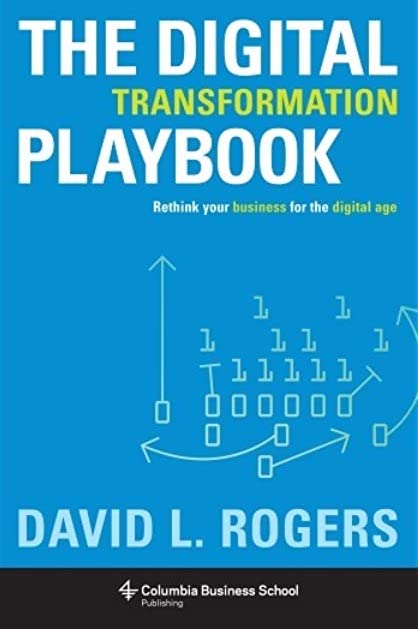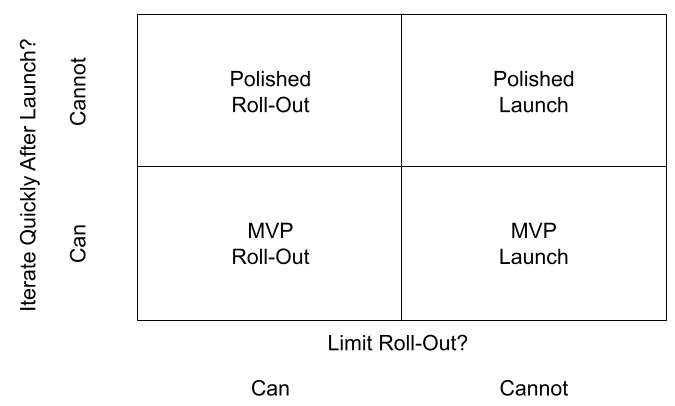The Strategy Sieve
The Strategy Sieve is my preferred tool for making hard, strategic decisions.
According to Wikipedia, a sieve is “a device for separating wanted elements from unwanted material” — and that’s what the Strategy Sieve does. You “pour in” a bunch of potentially good strategic options, shake things up, apply some pressure, separate out the wanted from the unwanted, and determine the best strategy for moving forward.
The goal in using the Sieve is to make a strategic decision. This decision can usually be framed as a question: Who? What? When? Where? How? The Sieve helps the team answer that question with a high level of confidence, a high level of consensus, and a high level of clarity. Most importantly, it helps the team understand Why the answer chosen is the right answer, and why the other potential right answers are actually wrong for you at this time.
In the article linked below, I walk through the 6 steps involved in using the Sieve and also provide a video tutorial of using the Sieve for a specific strategic decision example.
The Strategy Sieve Read More »










